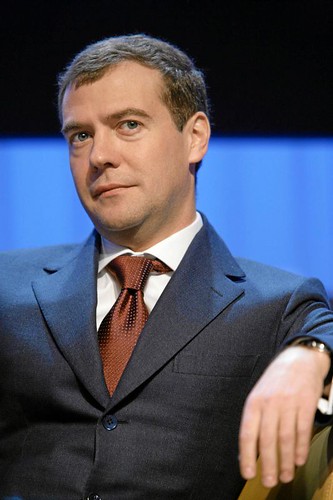Garnering over 53% of the vote in a presidential election, in a Western liberal democracy, while not a landslide, is a quite a feat. Nicolas Sarkozy did just that in the recent French election, attaining a generous mandate for his right-wing reforms. Yet the new president has shifted leftward since his victory, reaching out to the defeated Socialist Party and naming moderate figures from his own party and the centrist UDF party for cabinet positions.
He even achieved a political coup—convincing former health minister and Socialist Bernard Kouchner to cross party lines and take over the powerful foreign ministry. Socialist Party boss Francois Hollande predictably lamented Kouchner’s decision and asked for his resignation from the party. While this certainly does not amount to a full blown grand coalition government, which is the current situation in Germany, whereby the two main political parties join forces to govern, it is similar and more importantly, completely voluntary.
Given Sarkozy’s sizable triumph over Segolene Royal’s Socialists, it appears odd that he would reach out to socialists and centrists. It has indeed sparked criticism from both the left and the right. On the left, Royal has denounced the Sarkozy offer as a ploy to divide her ranks, stating: "I have always been subject to criticisms, if not betrayals,” and went on to declare, "We must have more discipline. On the right it exists without fail." And within Sarkozy’s own party, some do not see the point in diluting their message and reaching out to those who lost the battle of ideas. An unnamed official from Sarkozy’s UMP party recently suggested that the party should not pretend as if it did not win the election.
So why would Sarkozy voluntarily form a national unity government? The answer is simple: to pass the reforms the president has in mind, the opposition needs to be cajoled and subdued. Sarkozy must have watched in horror as violent street clashes and protests accompanied his electoral victory—and took notes. Knowing that his country desires modernization, but is petrified of it at the same time, Sarkozy realizes that he cannot pass reforms too quickly and needs some opposition support to do so. The intense backlash last spring over the tepid youth labor law supported by then-Prime Minister Dominique De Villepin, which would allow employers to more easily hire and fire workers under the age of 26, is a case in point.
Some might view Sarkozy’s inclusive actions as a sign that for all his talk of a “rupture” in the French social model, he has no intention of doing much more than Chirac to modernize the country. Wrong. Sarkozy is dead-set on implementing his vision, but is a shrewd political operator and a realist. He knows that he must converse with the social opposition and include them in the process if his reforms are to be accepted and not sidelined by street protests. Whether he achieves his goal or not is still up in the air, as the French love a good protest as much as their welfare state. But in forming a French-style grand coalition, Sarkozy is at least giving his modernization efforts a chance at succeeding.
Subscribe to:
Post Comments (Atom)





No comments:
Post a Comment